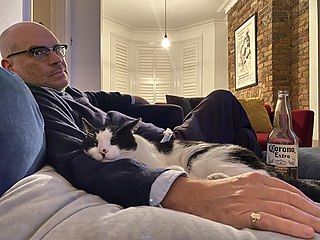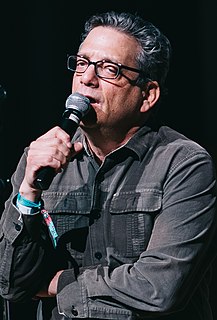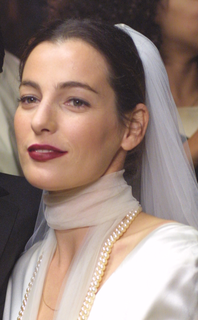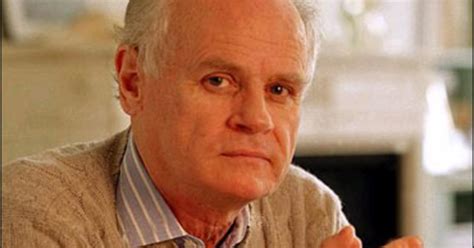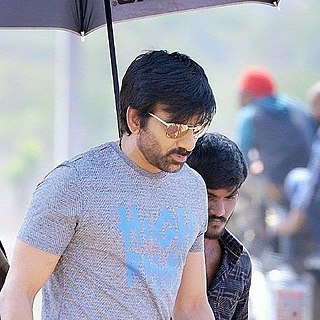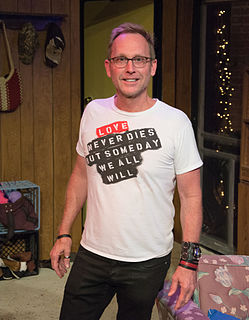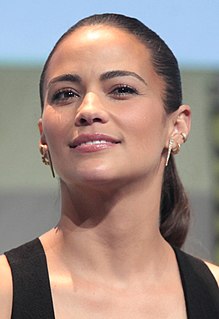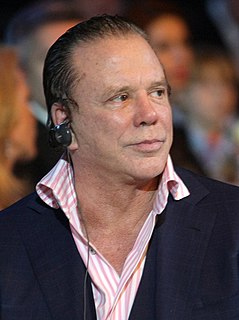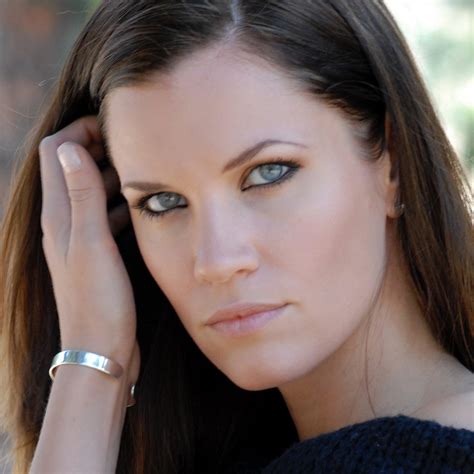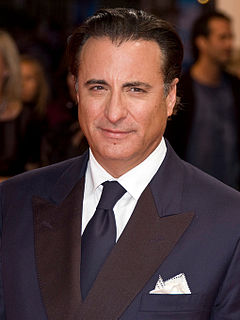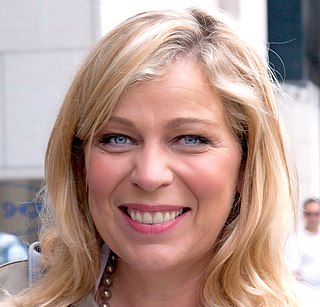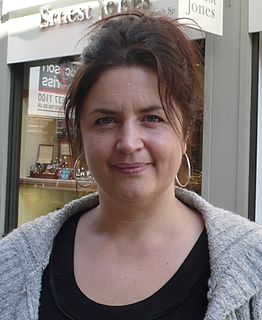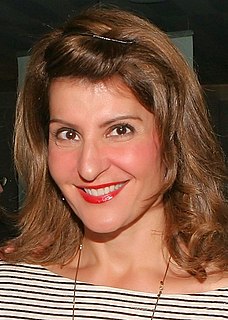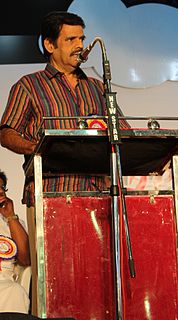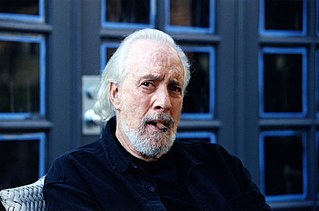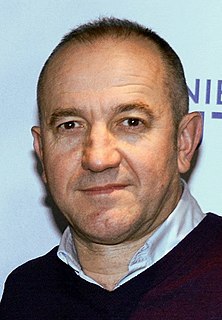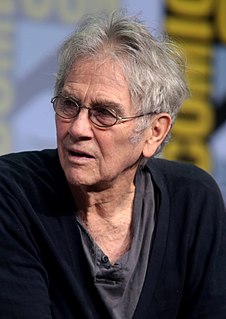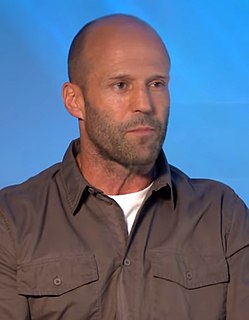Top 403 Screenplay Quotes & Sayings - Page 4
Explore popular Screenplay quotes.
Last updated on December 11, 2024.
If you don't have a brilliant screenplay, then you either have amazing actors who give you the chance to improve whatever is on the page, or an interesting director who has enough faith in the project that they can carry it through and get it somewhere. One of those factors needs to happen. If not, it's sad.
Writing a screenplay, I'm like, "All I'm responsible for is that final script, and I take great effort and pride in that." But once I give it to someone to make, I can disassociate with it entirely and not worry that my vision isn't being represented, because I understand fully that that's not how it works.


